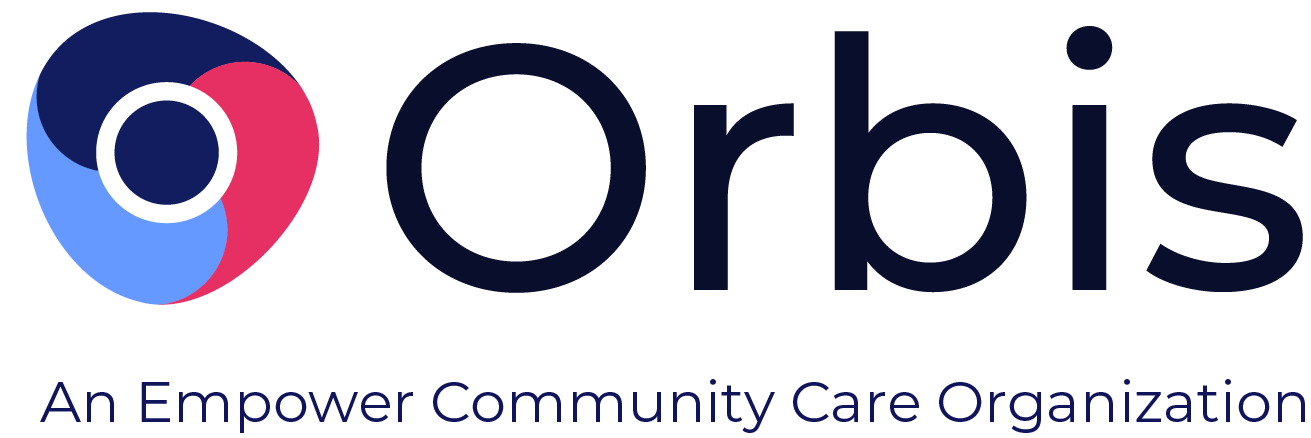In the justice system, data is the foundation for decisions that shape lives. Whether in adult or juvenile justice agencies, the integrity of that data can make or break efforts to deliver fair, practical outcomes. This is especially true regarding juvenile justice assessment and juvenile case planning, where inaccurate or inconsistent data can misguide intervention strategies and stall progress on meaningful reform.
With the release of the updated CaseWorks 2.0 platform, Orbis Partners reimagines how justice professionals manage assessments and juvenile case plans. The platform now hosts YASI, SPIn, and soon SPIn-W to provide a connected, intuitive experience that empowers staff to focus on what matters most: youth development, equity, and public safety.
Why Accurate Data Matters in Juvenile Justice Assessment
The ripple effects can be significant when data is incomplete, outdated, or entered incorrectly. Risk levels may be misjudged. Needs or strengths may be overlooked. Youth might be placed in programs that don't fit or that they don’t need or, worse, denied the support they truly need. That's the high cost of flawed data.
According to the Bureau of Justice Statistics, standardizing documents and forms is a simple yet powerful way to enhance the quality of data entered into juvenile justice systems. Data collection becomes more efficient and cost-effective when agencies use consistent forms, offense codes, and reporting procedures. It also increases the likelihood that the right information reaches the repository and makes the data easier to interpret and validate.
CaseWorks 2.0 provides this. The platform automatically generates clear narrative summaries from assessment data and any custom notes. That means time is saved in the process of authoring summaries, it encourages fewer data-entry errors, and more consistent outcomes across teams. For staff, it's a time-saver. For youth, it's a game-changer. Because accurate data leads to more precise need identification, better-informed juvenile case planning, and increased confidence in agency decision-making.
CaseWorks 2.0 also provides consistency checking, whereby staff are alerted to possible data errors during the process of entering assessments. If a response to an assessment item is inconsistent with other item responses, the application notifies the user and presents the inconsistent items for review and correction if required. This functionality greatly reduces the chance of error, especially with respect to items that can influence the accuracy of risk calculations.
Smart Reporting in Juvenile Justice Assessment Turns Raw Data into Action
Now, collecting data is one thing. But making it useful is where the real power lies. In juvenile justice assessment, turning raw data into clear, actionable insights can make all the difference for agencies, staff, and, most importantly, the youth they serve.
That's why CaseWorks 2.0 was built with intuitive reporting tools at its core. Users can generate clean, organized PDF reports filtered by age, location, staff, or other vital criteria with just a few clicks. These reports can be decision-making tools for juvenile case planning, reviews, staff performance, and program evaluations.
This level of clarity supports smarter juvenile case planning by helping agencies allocate resources where they'll have the greatest impact. From identifying service gaps to adjusting intervention timelines, accurate data drives progress. Some jurisdictions use the Orbis CaseWorks 2.0 application to monitor the alignment between assessment results and client service plans. This helps determine the extent to which staff are making maximum use of the assessment results to help their justice-involved youth and adult clients in efficient ways.
When teams can easily interpret and share information, they're better equipped to make strategic choices.
Accessible and standardized data also builds public trust and can drive reform. According to Measures for Justice, public faith in the justice system is essential for it to function effectively and be seen as legitimate. Agencies must clearly explain what data they collect and how that information shapes policy and decision-making. Transparency should be a core value.
Ethical Data Sharing to Maintain Privacy and Promote Collaboration
Protecting sensitive information is just as important as collecting it. Juvenile justice assessment involves deeply personal data, and agencies must handle these details with care, discretion, and legal compliance. The American Law Institute's "Principles of the Law, Policing" project states that transparency and accountability must be balanced with confidentiality to maintain public trust. CaseWorks 2.0 was designed with this balance in mind.
The platform supports secure, role-based access to guarantee that only authorized users can view or edit data. Plus, every interaction is logged through audit trails, which adds an extra layer of accountability. This accountability means teams can confidently collaborate while knowing privacy isn't being compromised. The web-based platform for CaseWorks 2.0 also meets the strictest of cybersecurity standards and certifications.
Whether you're coordinating across departments or jurisdictions, CaseWorks 2.0 supports collaboration that's both effective and ethical.
Common Pitfalls to Avoid in Data Tracking
When it comes to juvenile justice assessment, more data doesn't always mean better data. One of the most common missteps justice agencies make is data hoarding (collecting everything without a clear plan for how that information will be used). Not only does this overwhelm staff, but it also creates unnecessary clutter that can cloud decision-making.
Without a clear strategy, data collection risks becoming a bloated archive rather than a tool for insight. As Measures for Justice points out, agencies must first define the purpose of what they collect. Otherwise, the data can't meaningfully reflect the experiences of those within the system.
Research emphasizes this need for intentional, outcome-driven data priorities. Put simply: don't just track it because you can. Track it because it matters. Every data point should serve a clear purpose. Orbis Partners maintains a research division staffed by doctoral-level professionals who can help our clients make the best use of the data collected using our application. Whether it be local validation of our assessment tools, or use of the data to measure agency performance, we can help tailor solutions that maximize an agency’s ability to generate and interpret meaningful data.
The National Center for State Courts' Open Data Standards (NODS) set clear guidelines for how justice data should be defined and recorded. By aligning vendors and courts around a shared framework, NODS promotes consistent communication and equity across the system. It also improves access to reports and statistics, enhances data quality, and supports smoother stakeholder collaboration. Agency-wide data definitions and consistent training protocols are paramount.
Although it may take some upfront investment, training and data standardization can lead to successful, long-term efficiency. That's why agencies should not treat staff training as a one-and-done need.
Regular education on data collection and the systems used to facilitate that collection helps staff gather data responsibly and contributes to quality assurance. It's a critical piece of making juvenile justice assessment accurate and consistent. Because when it's done right, everyone benefits.
Smarter Systems Create Safer Communities
Strong data practices are imperative for public safety. When justice agencies embrace accurate, intentional data tracking, they unlock the full potential of juvenile justice assessment and the compelling juvenile case planning insights that stem from it.
With CaseWorks 2.0, Orbis Partners delivers a platform that meets the moment. Every detail is designed to improve workflows while safeguarding sensitive information, from automated summaries to secure data sharing, built-in training tools, and flexible reporting features.
Plus, our ongoing investment in tools like YASI and other juvenile justice assessment tools reflects a deep, long-term commitment to operational excellence and ethical innovation. Because when we track smarter, we act smarter (and that's how we build justice systems that work for everyone). All of the benefits that go with our youth-based assessments, are also available in our tools for adult justice-involved individuals – SPIn and SPInW.
Orbis Partners provides solutions for criminal justice and human services systems, specializing in designing and implementing services for at-risk client groups. Orbis' risk, needs and strengths assessment tools are designed to guide the casework process by incorporating an individual's unique set of needs. For more information about our assessments, visit our Assessments page.



